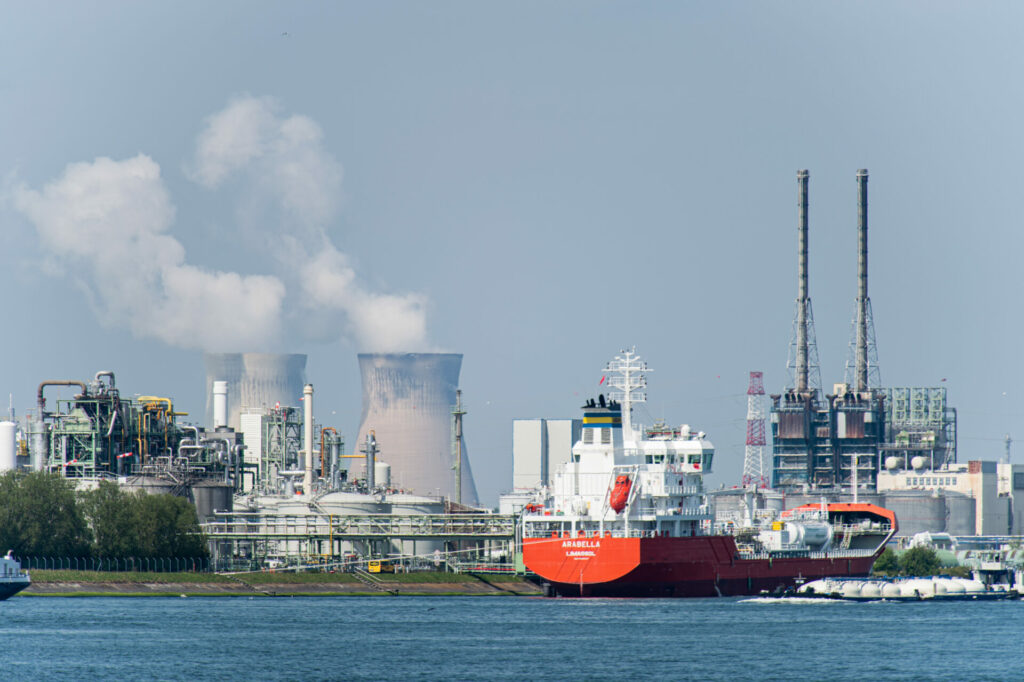Freight transport on Flemish rivers and canals fell by 4.8% in 2022, according to figures released by De Vlaamse Waterweg, the agency of the Flemish government that manages the waterways in Flanders. The number of containers transported fell below the one million mark.
"We don't have to look far for the cause for this decline," Flemish Minister of Mobility and Public Works Lydia Peeters told De Morgen. "Inland shipping is and remains a strong asset for mobility and the climate in Flanders. In the coming years, we will continue to invest in our waterways and in a 'mental shift' in entrepreneurial Flanders."
The decline in transport was clearly seen on the three main waterway axes in the region. The largest decrease was in the Seine-Scheldt axis (nearly -5.2%) and the smallest in the Antwerp-Brussels-Charleroi axis (-1.2%). The Albert Canal saw traffic fall by about 4.3% to 37.2 million tonnes. The canal, which runs between Antwerp and Liège, is the most important waterway in Flanders.
Related News
- The rebirth of the Brussels Canal
- EU gives Belgium over €60 million to improve 'problematic' military mobility
A total of 949,142 twenty-foot containers (TEU) were transported, a decrease of about 7%. Most of these containers passed through the Albert Canal, 632,091 in total, a decrease of -10.4% on the previous year.
The shipping of metal products (+5.3%) and food and feed (+9%) saw improvements while other types of goods declined. For example, minerals and building materials fell by 5.2%, petroleum products by 1.6% and fertilisers declined by 9.9%.

